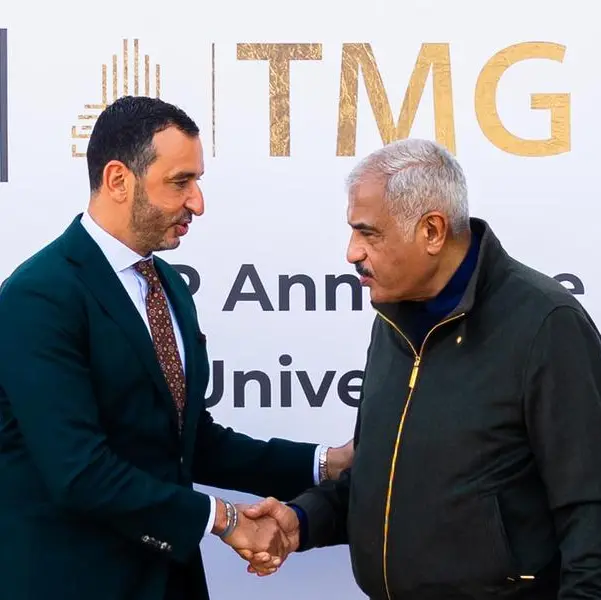The head of government Aziz Akhannouch called for strengthening regional cooperation to address issues related to climate change.
During a presentation at the Middle East Green Initiative (MGI) Summit, Mr. Akhannouch stressed the need for a more coordinated, effective, and integrated approach between the different stakeholders of the international community to unify visions and overcome barriers to accessing climate finance.
The Head of Government highlighted that the Kingdom of Morocco, under the High Royal Instructions, has adopted an integrated policy based on a responsible, inclusive and participatory approach to climate change, in line with the objectives of the National Strategy for Sustainable Development which aims to ensure the transition to a green economy, with the reports of the Intergovernmental Panel on Climate Change and the Sustainable Development Goals (SDGs).
Mr. Akhannouch recalled the challenges and impact of climate change on the process of sustainable development, on the liveliness of ecosystems, the security of environments and natural resources, and on public health, noting that Morocco, aware of the need to promote a development process with a low carbon footprint, has taken the initiative to develop the 2020-2030 National Climate Plan which aims to adapt and accelerate the transformation to a low-emission economy, the implementation of national climate policies at the local level and the encouragement of innovation and awareness to better meet the challenges of climate change.
This Plan, which also includes the use of nature-based solutions, the production of clean energy, and the development of green industry, is based on strengthening governance and mobilizing resources to combat climate change, he added.
The Head of government also underlined that Morocco, under the strategic and inclusive Vision of His Majesty King Mohammed VI, has established the National Program for the supply of drinking water and irrigation for the period 2020-2027, at an overall cost of about 11 billion dollars, stressing that this program aims to preserve water resources, especially in the agricultural field, through the reuse of wastewater and desalination of seawater.
In addition, Mr. Akhannouch welcomed the Middle East Green Initiative, which reflects the vision of the Kingdom of Saudi Arabia to address the challenges related to the environment and climate change, as well as its willingness to develop an ambitious roadmap that can strengthen the efforts to protect nature in the region and contribute effectively to international efforts by laying the foundations for sustainable development that safeguard the environment.
Distributed by APO Group on behalf of Embassy of Morocco in South Africa.
© Press Release 2021
Disclaimer: The contents of this press release was provided from an external third party provider. This website is not responsible for, and does not control, such external content. This content is provided on an “as is” and “as available” basis and has not been edited in any way. Neither this website nor our affiliates guarantee the accuracy of or endorse the views or opinions expressed in this press release.
The press release is provided for informational purposes only. The content does not provide tax, legal or investment advice or opinion regarding the suitability, value or profitability of any particular security, portfolio or investment strategy. Neither this website nor our affiliates shall be liable for any errors or inaccuracies in the content, or for any actions taken by you in reliance thereon. You expressly agree that your use of the information within this article is at your sole risk.
To the fullest extent permitted by applicable law, this website, its parent company, its subsidiaries, its affiliates and the respective shareholders, directors, officers, employees, agents, advertisers, content providers and licensors will not be liable (jointly or severally) to you for any direct, indirect, consequential, special, incidental, punitive or exemplary damages, including without limitation, lost profits, lost savings and lost revenues, whether in negligence, tort, contract or any other theory of liability, even if the parties have been advised of the possibility or could have foreseen any such damages.



















